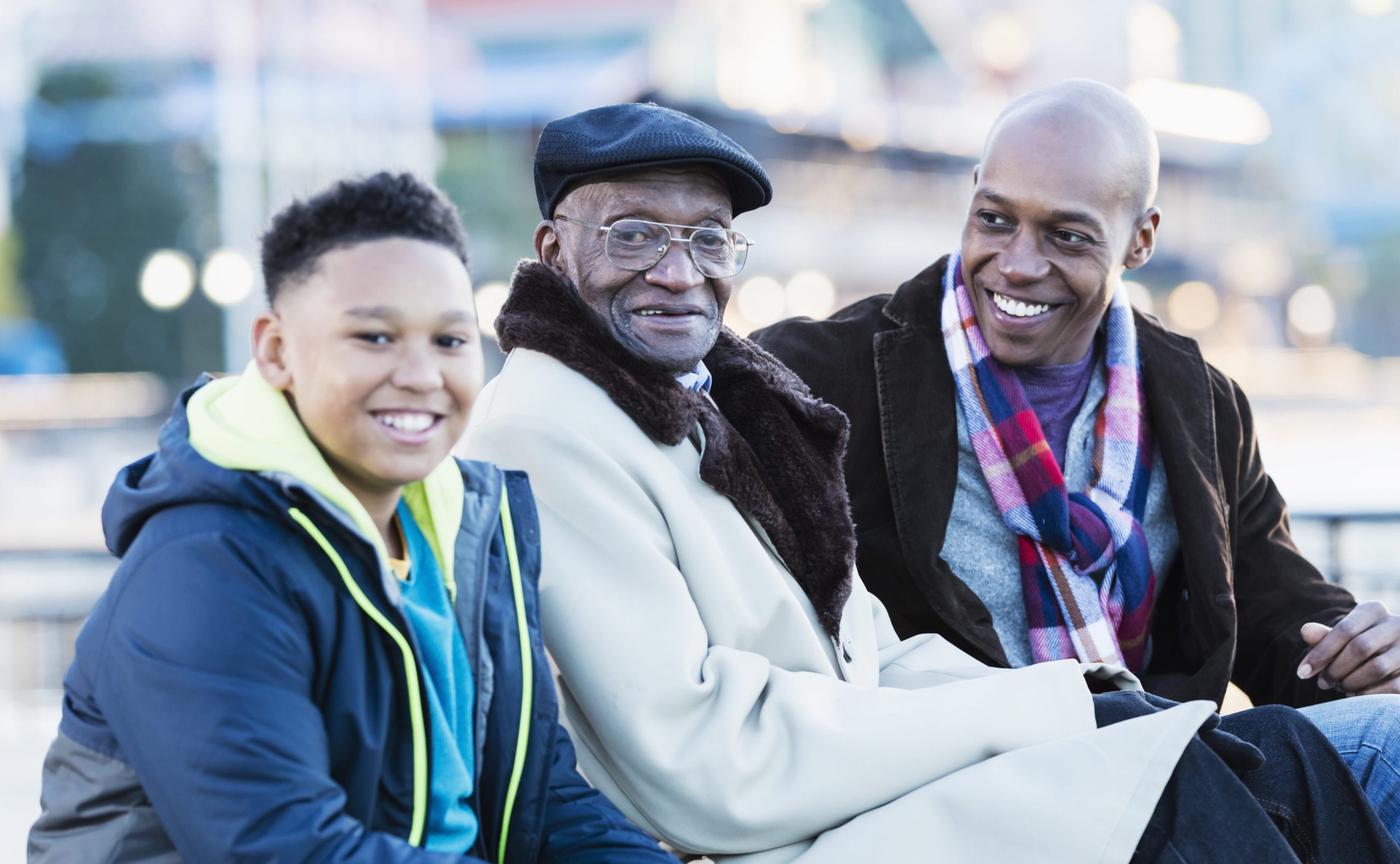Brotherly Love: Health of Black Men and Boys in Philadelphia

Culture of Health Leader Dwayne Wharton, vice chair of the Philadelphia Mayor’s Commission on African American Males, is a contributor to an important new report on persistent health inequities faced by Black men and boys in his hometown of Philadelphia. Brotherly Love: Health of Black Men and Boys in Philadelphia examines how health and well-being among this demographic are powerfully shaped by factors like higher rates of adverse childhood experiences, unemployment, incarceration, racial discrimination, and lower educational resources.
According to the report, homicide is the leading cause of death for young Black men in Philadelphia; more than 40 percent of Black men in the city have hypertension, and Black boys are hospitalized for asthma nearly nine times more than other groups. As a Culture of Health Leader, combating inequities like these is exactly what drew him to the program.
With this research as a foundation, his office plans to engage diverse stakeholders—including residents, city officials, and health care providers—in exploring how to distribute resources, expand opportunities, and champion policies to increase the health and well-being of Black men and boys in the city.
“This report illustrates the factors contributing to poor health and the unequal, yet avoidable, differences in the status of Black men and boys in Philadelphia.” —Dwayne Wharton
The report identifies key strategic recommendations for stakeholders to consider:
(1) Provide every Black boy a healthy start through access to preventive health services, educational opportunities, a safe and healthy home, and family and social supports.
(2) Strengthen the educational safety net for young Black men.
(3) Ensure access to affordable physical and behavioral health care.
(4) Promote preventive health care and healthy behaviors.
(5) Reduce environmental deterrents to healthy living.
(6) Implement comprehensive violence reduction strategies.
(7) Combat the structural violence and racism of systemic bias and environmental inequities.
Brotherly Love also highlights inspirational stories of Black men from Philadelphia who—while fighting to overcome personal health struggles and discrimination—raise their voices to help their communities overcome discrimination, violence, educational gaps, and other disparities.
To learn more about what can be done to improve health among Black men and boys in Philadelphia and across the nation, read the full report.
Brotherly Love was not funded by Culture of Health Leaders or by the Robert Wood Johnson Foundation, but we applaud Dwayne and the city of Philadelphia for their leadership in building a Culture of Health.
